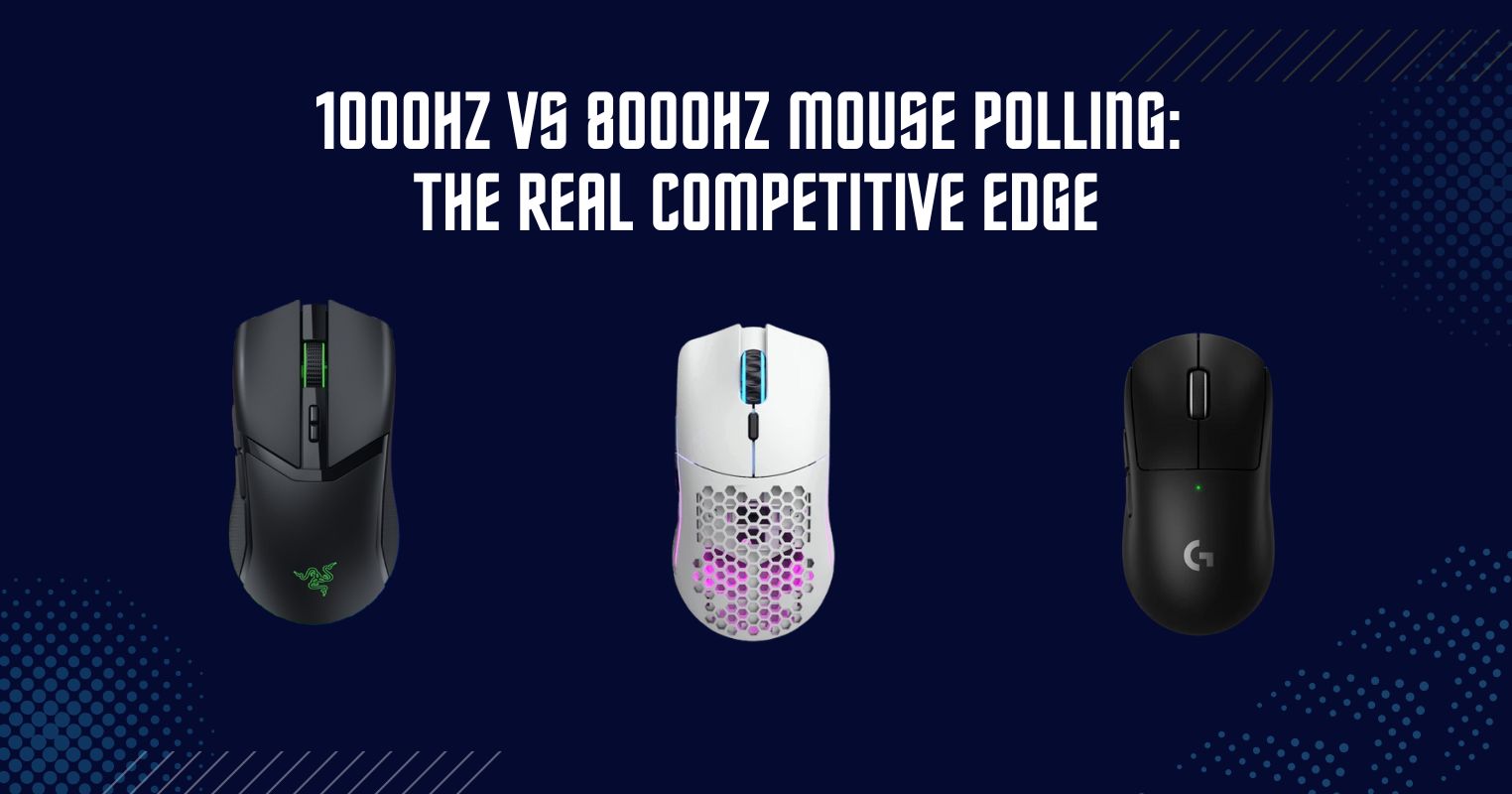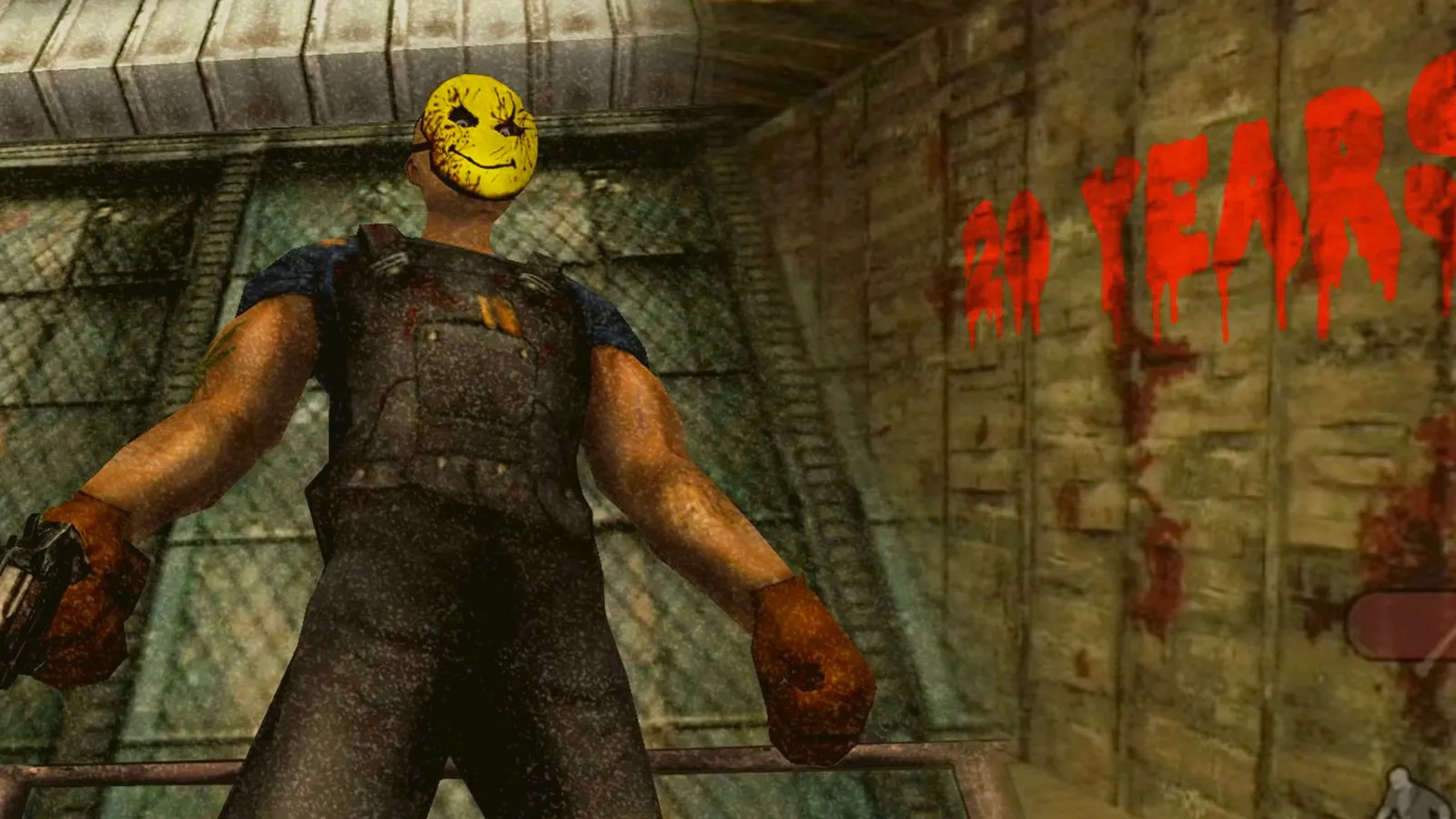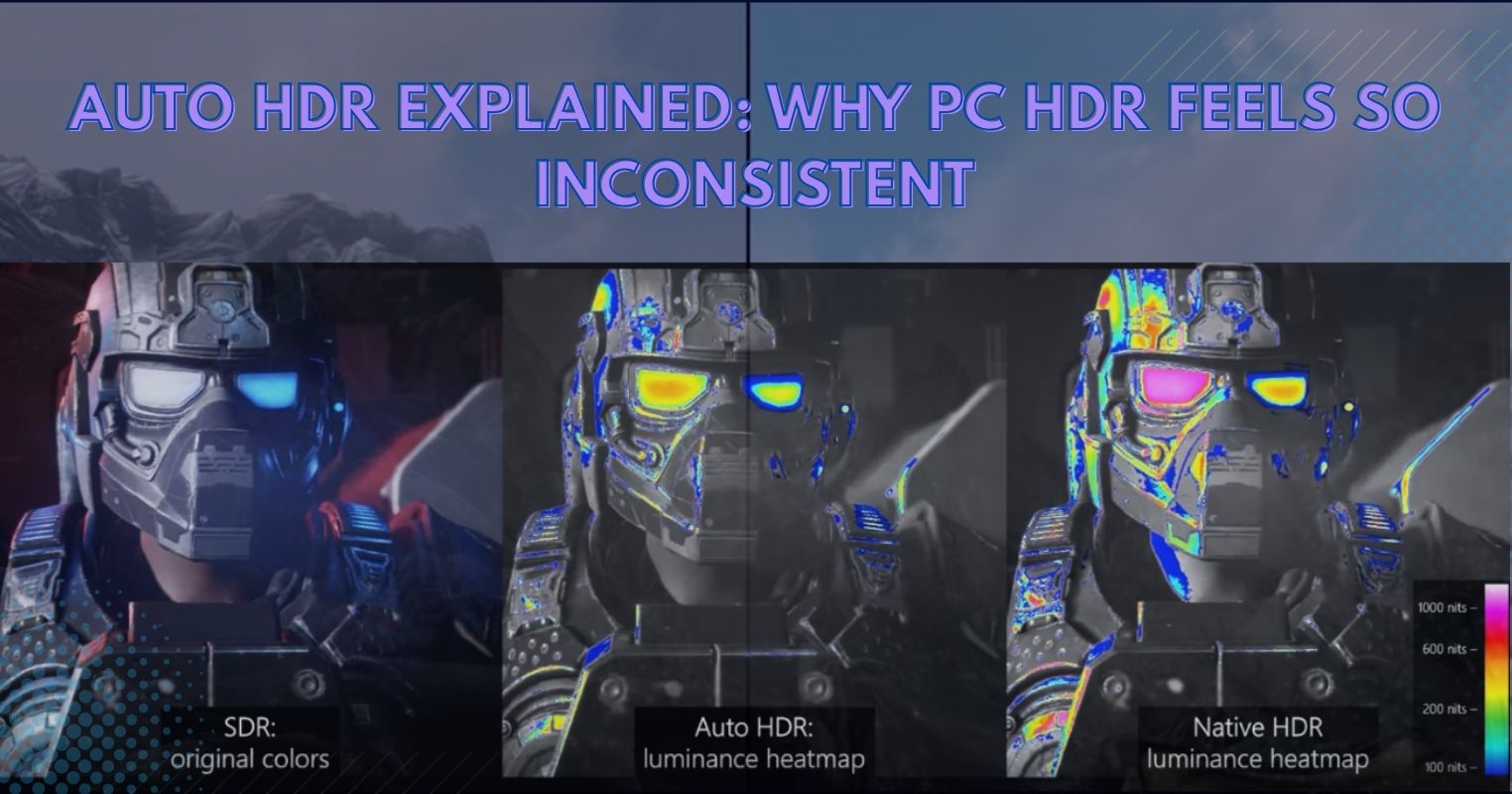- Banana is a clicker game that gives you skins by keeping the game open.
- The game’s part of a trend of scammy games that are overtaking Steam.
- Its developers are engaging in some very predatory tactics by rigging the skin rates, manipulating the market, and leeching off of the players.
A game named Banana has recently stormed the internet by gaining a burst of popularity on Steam. The game’s rise to fame has brought with it many concerns about the ethical prospects behind a game like this.
Many users asking for such games to be banned from Steam altogether for being scammy.
What Exactly Is Banana?

Banana is a “game” where you can click on a banana on your screen. That’s kinda it, really. A number on top of the banana records the number of times you’ve clicked on said banana, and the number resets whenever you close the game, forcing you to keep it open.
What’s the purpose? The game uses Steam’s integrated marketplace, the same thing people use to sell Counter-Strike skins. If you keep the game running and clicking for a certain amount of time, you can get a rarer banana peel to sell on Steam.
Why Clicker Games Work
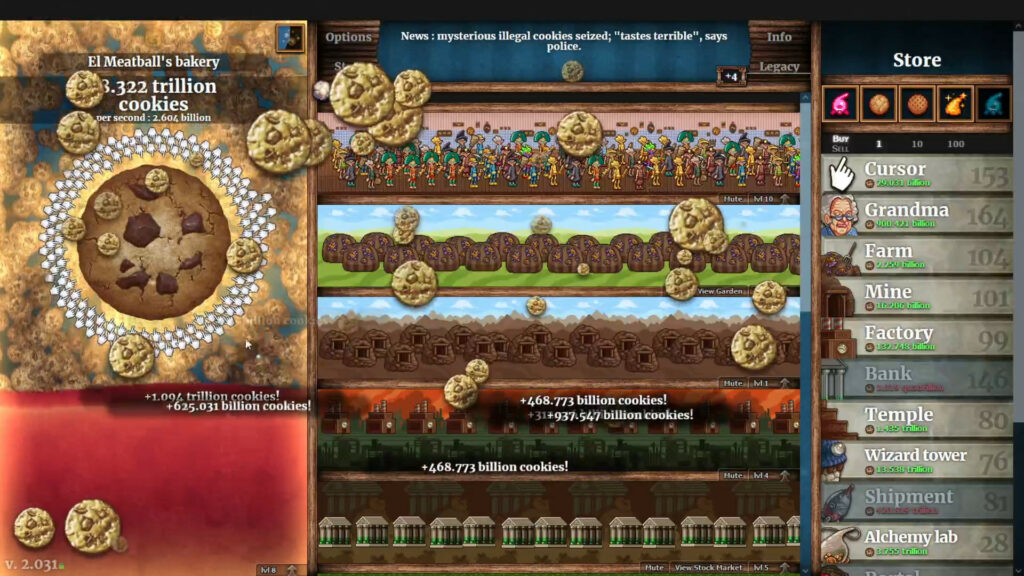
Clicker games can still work, but Banana is shamelessly bad. The allure of most clicker games like Cookie Clicker is progress. Clicking earns you resources that you can then use to get upgrades, such as more resources per click or auto-clicking.
This provides a sense of accomplishment and grinding. Banana, of course, has no progress whatsoever.
No Shame In Selling Bananas
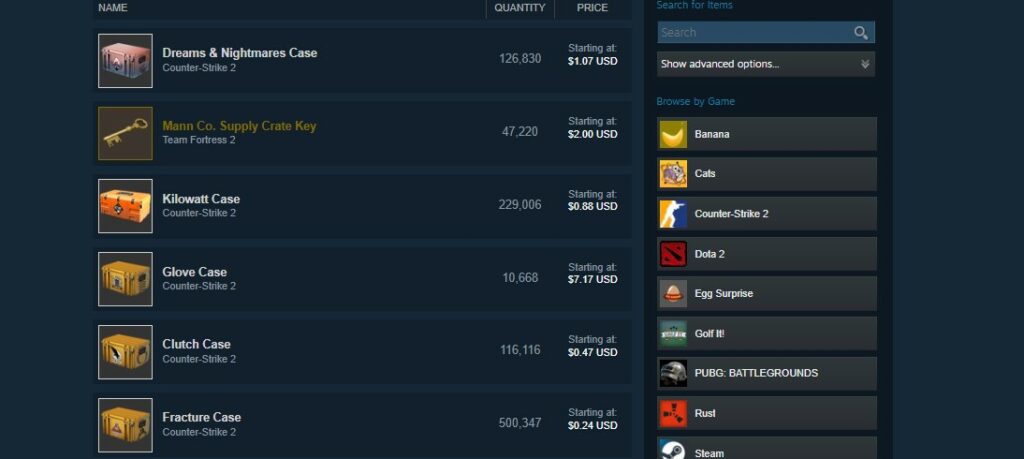
Even if the main point is to sell skins to earn, that by itself isn’t something to be hated. After all, Steam Marketplace is a fun way for players not only to earn but also to share and collect stuff from their beloved games. To insult this is to disrespect a large community of players.
The reason Banana sucks so bad is because this selling and buying is the only thing it has going for it. The game lacks passion and only exists as a manifestation of the developer’s greed.
Predatory Practices, Rotten Bananas
This fruit salad of problems gets worse with each bite. There’s the ethically questionable choice of casting away all progress when you close the game, forcing you to keep it running to farm popularity on Steam artificially.
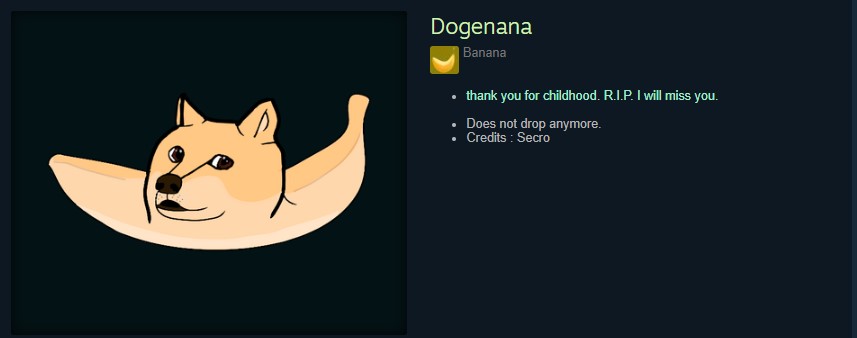
The lack of effort and respect for their players is another thing, with the developers refusing to put even a speck of effort into making the game presentable. However, the most blatantly predatory practice is with the main system of the game, selling skins.
Can You Get Rich?
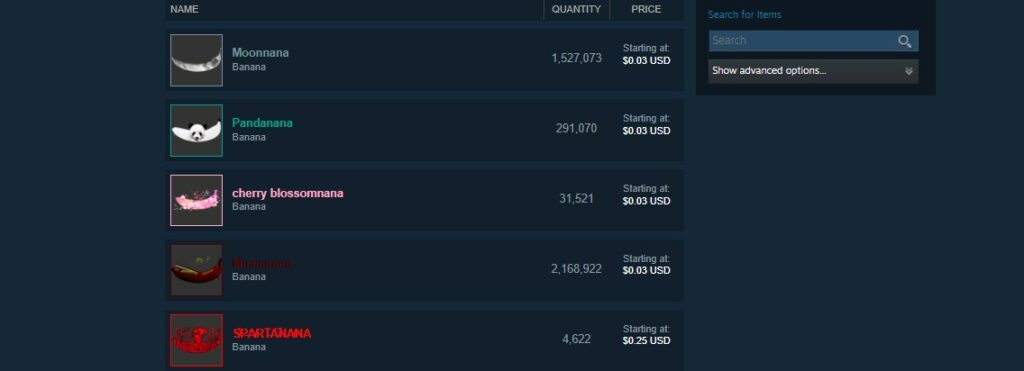
Regardless of what sites like The Gamer or Polygon tell you, the chances of you getting a super rare skin are minuscule. The devs refuse to publish any official drop rates as well, so we don’t have a set n. There hasn’t been extensive testing, but we can see the rigged results from the game’s recent botting problem.
Only a third of the players are actual humans, with the rest “exploiting” this game by using virtual machines. You’d still rarely find anyone getting a super legendary skin among these.
The Problem
If the game’s free and takes minimal resources, what’s the issue?
- Steam exploit: Feeding into these Steam marketplace exploits means giving more people the green light to produce similar games, hoarding Steam’s top spots and causing actual good games to go unseen.
- No free money: There’s no such thing as free money. Your electricity bills alone would be worth more than the meagre cents you earn every few days from the game.
Yeah, The Game’s A Scam
If it wasn’t obvious enough already, the developers are all extremely greedy. The game’s made to make someone rich, but it’s not the players.
Exploiting Steam’s system for popularity and then having complete control over the actual worthwhile items in the games makes for a very good scam, and people just can’t stop buying into it.
Thank you! Please share your positive feedback. 🔋
How could we improve this post? Please Help us. 😔
Heya, I’m Asad (Irre) Kashif! I’ve been writing about anything and everything since as far back as I can remember. Professionally, I started writing five years ago, working both as a ghostwriter and writing under my own name. As a published author and a council member in Orpheus, my journey in the world of writing has been fulfilling and dynamic.
I still cherish the essays I wrote about my favorite PS2 games, and I’m thrilled to have transformed my passion for game journalism into a career. I’m a theory crafter for Genshin Impact (and now Wuthering Waves) and have a deep love for roguelites and roguelikes. While I prefer indie games for their distinct aesthetic and vibes, I do enjoy triple-A games occasionally. I’ve also been playing League since season 6, and I main Akali! I have a keen interest in discovering and playing more obscure games, as well as researching forgotten titles. Additionally, I am a front-end programmer who dabbles a bit in gamedev occasionally.


